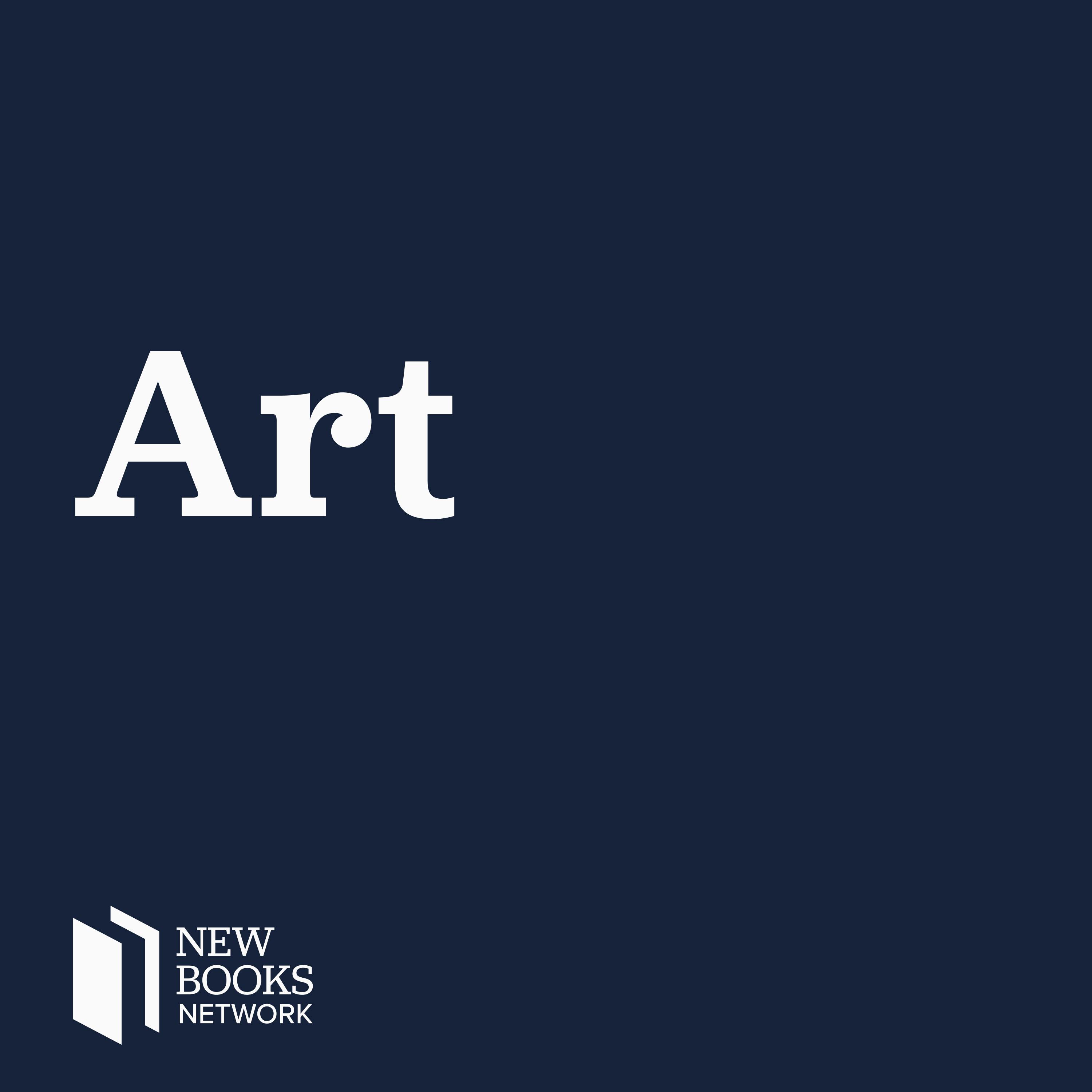For Some Odd Reason
Description
Today’s guest, Kate Carr, is an accomplished sound artist and field recordist whose recent work grapples with issues of communication and longing—themes we can all relate to in the Covid era.
In part one of the show, we mark Phantom Power’s three-year anniversary and 25th episode. Mack does a little thinking out loud about the different kinds of audio work that we’ve featured over the past three years. The terminology and practices for audio work always seem to be in flux—and people can have completely different terms for similar kinds of work. Mack imagines a spectrum of sound work, from more materialist genres like musique concrete to more conceptual or idealist genres like the audiobook, which emphasize meaning over form. In the end, the spectrum eats its own tail—the material is always conceptual and the conceptual is always material. Sound is always both resonance and meaning and the two can never be completely teased apart. Signal and noise are one.
In part two, we meet Kate Carr, an artist the critic Matthew Blackwell describes as a “sound essayist.” Since she began it in 2010, Kate Carr’s work as a musician and field recordist has taken her around the world, from her native Australia to a doctoral program at University of the Arts London. She’s been featured in The New York Times, The New Yorker, The Wire, and Pitchfork. She also runs the field recording label Flaming Pines.
Since slightly before the pandemic, the theme of communication at a distance—always implicit in field recording—has taken center stage in her work. We examine three such pieces by Kate Carr. Each one explores how sound helps us communicate at a distance and how it comforts us in moments of loneliness:
“Contact”—a meditation on sonic connection through radio, morse code, and digital technology.
“Where to Begin”—a study of love letter writing, which Carr says has profound similarities with field recording.
“For Some Odd Reason”—an exploration of the kinds of noise we came to miss during social distancing and the mediated ways we’ve tried to add it back.
Together, these three pieces—one from before the pandemic, one from its beginning, and one from its interminable middle—explore how earnestly we try to connect across distance—and how heightened these attempts have become over the past year.
Huge thanks to our co-producer on this episode, Matthew Blackwell. He is a Visiting Assistant Professor of English at the University of Iowa and a freelance music writer. He writes and edits Tusk Is Better Than Rumours, a newsletter that covers the discographies of experimental musicians. He is also a contributor to Tone Glow, a newsletter featuring interviews with experimental musicians.
Learn more about your ad choices. Visit megaphone.fm/adchoices
Support our show by becoming a premium member! https://newbooksnetwork.supportingcast.fm/art
More Episodes
Is there such a thing as a timeless classic? More than a decade ago, Dr. Rochelle Gurstein set out to explore and establish a solid foundation for the classic in the history of taste. To her surprise, that history instead revealed repeated episodes of soaring and falling reputations,...
Published 10/13/24
Eunsong Kim, "The Politics of Collecting: Race and the Aestheticization of Property" (Duke UP, 2024)
In The Politics of Collecting: Race and the Aestheticization of Property (Duke University Press, 2024), Eunsong Kim traces how racial capitalism and colonialism situated the rise of US museum collections and conceptual art forms. Investigating historical legal and property claims, she argues that...
Published 10/12/24
It is hard to discuss the current film industry without acknowledging the impact of comic book adaptations, especially considering the blockbuster success of recent superhero movies. Yet transmedial adaptations are part of an evolution that can be traced to the turn of the last century, when...
Published 10/08/24


